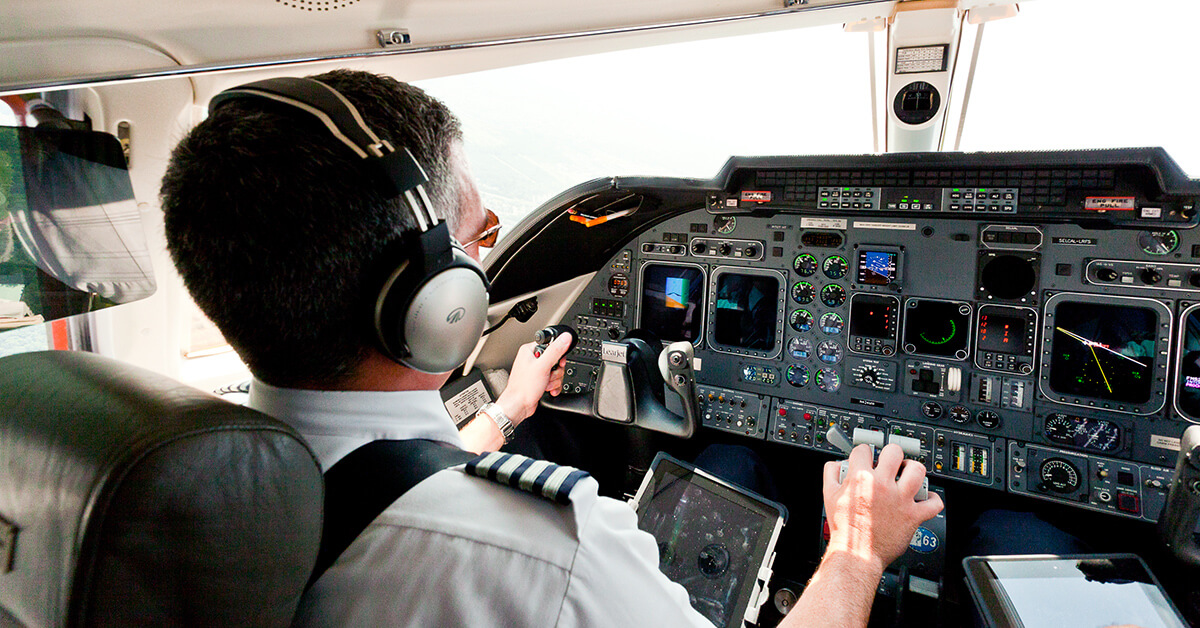
Sept. 29, 2023
NBAA is monitoring reports of possible Global Navigation Satellite System (GNSS) “spoofing” incidents in the Middle East, with industry personnel and the FAA advising flight crews to be particularly cautious when operating near the Iran/Iraq border and Azerbaijan.
“Jamming affecting airspace in the Middle East and the Caucasus is almost continuous [and] covers wide volumes of airspace,” the FAA noted in a Sept. 27 operator message. “[D]isruptions can trigger technical issues with aircraft equipment, sometimes causing the aircraft’s Terrain Awareness and Warning System (TAWS) to misidentify altitude and issue ‘pull up’ warnings.
“Other technical issues during GPS/GNSS disturbances include incorrect timing and significant position jumps, and transponder error alerts,” the agency added.
The FAA advisory followed a Sept. 25 report by OpsGroup that cautioned flight crews in the vicinity of Airway UM688, which parallels the border between Iraq and Iran, of alleged GPS spoofing incidents reported by more than a dozen commercial, military and business aircraft.
OpsGroup further noted that most reports cited loss of IRS (internal reference system) and VOR/DME capabilities on affected aircraft, as well as failure of onboard UTC clocks. “We’re seeing large shifts in aircraft position displayed, with false track positions of around 60nm reported,” said founder Mark Zee. “This is the first time that we’ve seen anything like this.”
NBAA also advises caution. “While these reports are still being confirmed and failures investigated by manufacturers, NBAA believes it prudent to let operators know of these reports and potential risks in order that operators can plan accordingly for any flights through the region,” said Brian Koester, CAM, NBAA director of flight operations and regulations.
The FAA recommends operators in the affected regions, “monitor regional NOTAMs, put additional emphasis on maintaining continuous communications with appropriate air traffic control authorities while monitoring aircraft equipment performance closely for any discrepancies or anomalies, and to be prepared to operate without GPS navigational systems.”
Flight crews also are advised to familiarize themselves with the operation of their aircraft navigational systems and their inputs. Additionally, operators are encouraged to review the European Union Aviation Safety Agency (EASA) Safety Information Bulletin (SIB) on GNSS outages, their effects on aircraft navigation systems and mitigations to maintain flight safety.


 International Business Aviation Council Ltd.
International Business Aviation Council Ltd.